The “Forum pour la Mémoire Vigilante”, FMV, is paving the way towards effective reconciliation, especially through young Burundian refugees, through the teaching of the “painful but instructive past”.
In the execution of the project “Truth telling, community dialogue and human rights educational program”, the FMV organized an exchange workshop in Huye, a districts of the Southern Province of Rwanda. The activity took place from October 27 to 28. Around twenty Burundian refugees, mostly young, actively participated in this two-day session.
The Huye session is the second after that organized at the Mahama refugee camp, in eastern Rwanda from September 6 to 9, 2023.
The objective is the same according to the project manager, Mr Godefroid Sindayigaya. “The project is about telling the truth about Burundi’s history, engaging the refugee community in dialogue, especially the youth, and teaching them about human rights,” he said.
Two distinguished speakers lead the sessions. They are Dr Dénis Kazungu, Clinical Psychologist and Professor Alphonse Rugambarara, historian, politician as well as architect and signatory of the Arusha Accords for peace and reconciliation in Burundi.
These panelists emphasized that consciously and/or unconsciously the conflict of memory is lived, experienced by the victims and ultimately transmitted from generation to generation.
It is in this logic, they insist, that based on what this conflict of memory conveys, we can distinguish the profiles of criminals that we find in all communities.
They recall that in certain circumstances linked to these various crises which occurred repeatedly in Burundi, the two Hutu and Tutsi communities were all victims but all remained locked in suffering behind closed doors.
“All successive powers have inhibited any attempt to evoke this past littered with crimes. The victims then carry this burden in this absolute silence which is imposed on them and the traumatic experience, the hatred, the feeling of revenge are systematically transmitted from generation to generation in the logic where each community takes itself as the sole victim and in total denial of the suffering of the other,” they remark.
And added: “Victims have neither access to the content of their story as an experience fraught with suffering, nor access to safe spaces to at least express what they themselves saw and/or experienced” .
However, they analyze, “having access to the content of their experiences and spaces for speaking as well as the symbolic monument reassure them that even theirs are no longer physically there, they are not completely extinct either and are even accessible”.
The panelists are unanimous that for all victims of the two communities, “the lack and/or deprivation of access to this place or to the symbolic landmarks of the event is equivalent in turn to destroying the ‘continuity of existence’ of the deceased “.
“Not having access to commemorative activities and/or the absence of commemorative markers through which victims can cope with the consequences of the tragedies experienced also means destroying an important resource for victims and executioners, therefore preventing any possibility of reconciliation. It also deprives victims and executioners of an opportunity to develop a feeling of a common history and moments which offer them an opportunity to reaffirm their community of common interest and above all of common identity,” they recommend.
These psychologists and/or political analysts converge to affirm that the expression of demands for this long-suppressed, unrecognized suffering among the victims of the two communities always manifests itself through indirect means, often violent and brutal.
“This allows profiles of Hutu and Tutsi criminals to emerge who kill out of revenge, others who kill in self-defense or even those who kill to protect themselves; the logic being that if they killed my father/uncle etc. I must therefore not miss an opportunity to protect myself from them or their children ‘who by nature have become potential criminals’,” they conclude.
Strong commitments…
The participants, welcomed this initiative and made strong commitments. “Compassion and recognition of the suffering of others will lead us to forgiveness and reconciliation,” they believe.
After attentively following the presentations, room for many questions, they then spoke and shared on how they can build lasting peace during their stay in exile as well as once back in Burundi. During this time, they promised to no longer hate each other based on their ethnicity. They called for more truth sessions because “many refugees really need to know the history of their own country.”
The next beneficiaries of the project are those of Muhanga, another district of the southern province of Rwanda, as well as Kigali, the capital of the host country.
The Forum for Vigilant Memory (FMV) is an organization under Rwandan law, which is based on the values of Memory, Education and Prevention. This NGO is a partner of the International Coalition of Sites of Conscience founded in 1999 and which is the only global network of Sites of Conscience.
Both organizations share a common commitment to using lessons from the past to find innovative solutions today to related social justice issues and the fight against genocide, crimes against humanity and atrocities of all kinds.
(Some photos from the session)

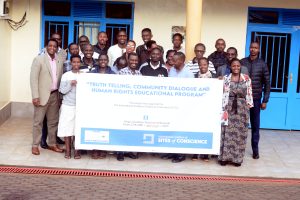
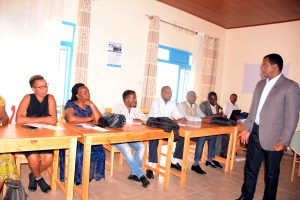
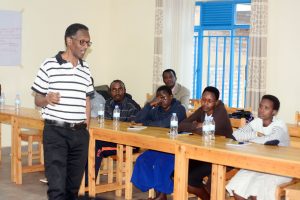
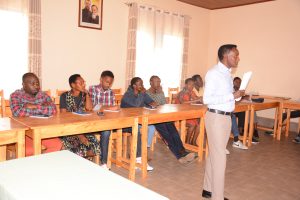
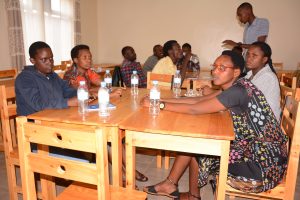
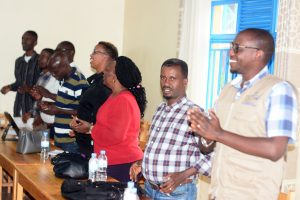
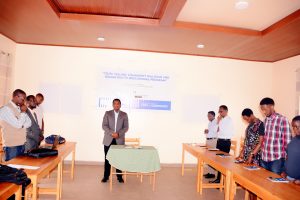
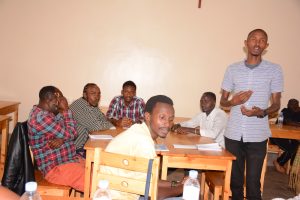
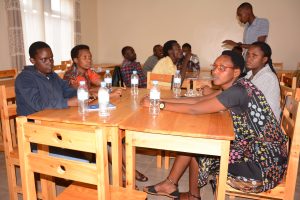
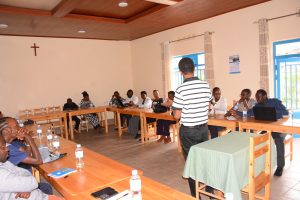
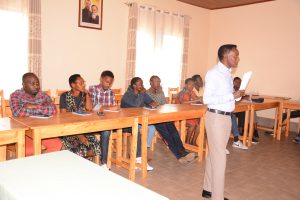
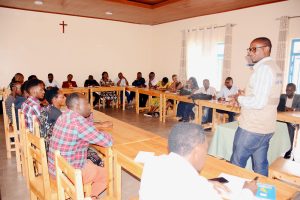
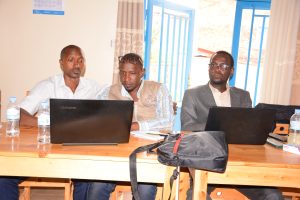
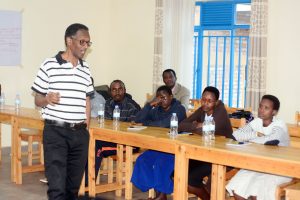
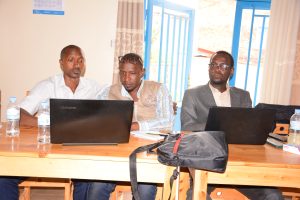
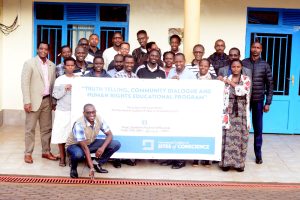
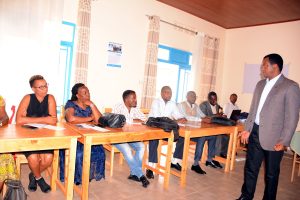
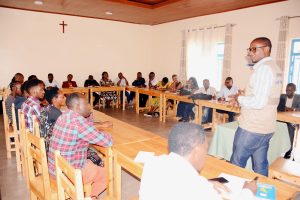
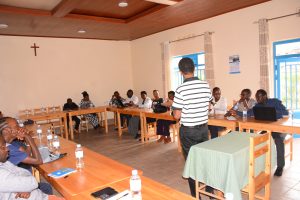
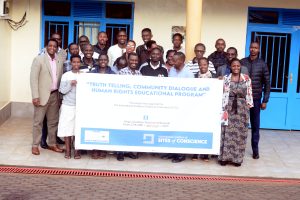
2 thoughts on “FMV: “Compassion, recognition of the suffering of others will lead us to forgiveness and reconciliation””